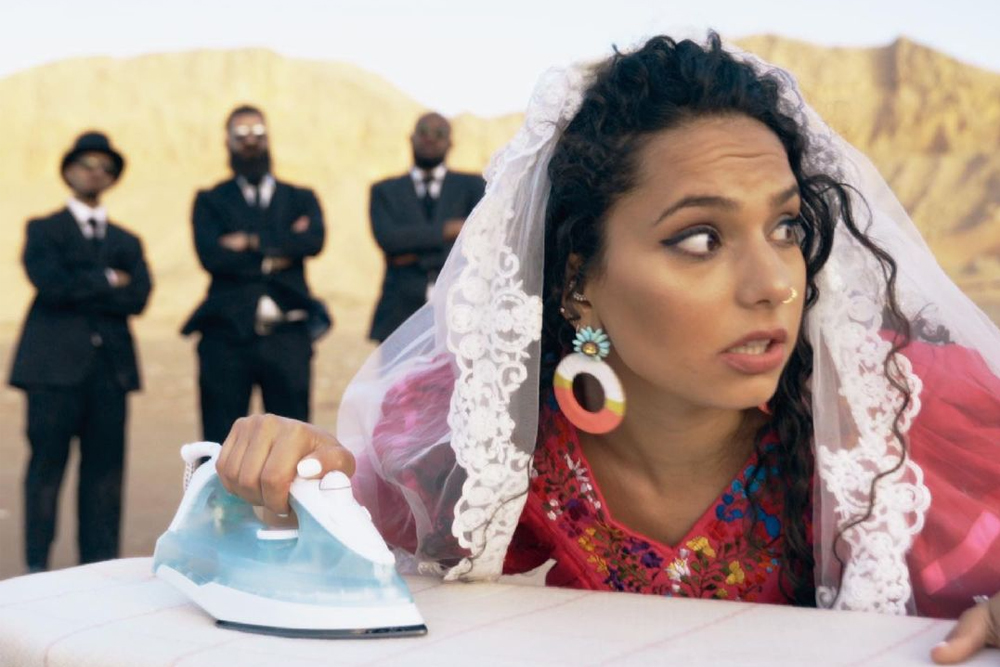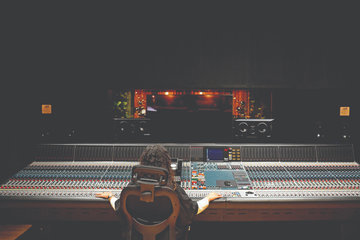
Better known for her YouTube channel and travel vlogs, where she flew all over the world and took her viewers on her adventures through her social media channels, Haifa Beiseisso is also a talented rapper and musician.
Her new song, entitled, “The 3aib Song,” is sparking conversations about “shame” and gender bias within the Arab culture. The Palestinian-American social media personality believes that the word “3aib” is used to deter women from thriving or elevating themselves.
Inspired by the stories of her social media followers, surrounding the topic of shame, was what had inspired Haifa to write “The 3aib Song.” The vlogger had taken to Instagram stories to ask her fans what they had ever been “shamed” for – and the responses flooded in and encouraged her to write the song. Though the men in her own family have always supported her life decisions, her song was also inspired by her reaction to the number of reported honor killings of young girls within the region.
Some of the lyrics of “The 3aib Song” are as follows, “Shame on you if you laugh out loud / Shame on you if you raise your voice.”
Speaking out about injustice against women, Beseisso’s music video portrays a cultural narrative close to home. The video was shot in the UAE, in Sharjah, and features Haifa with her sister, Tala, and a number of male creatives from within the Arab region, playing back-up singers, and chanting the word “shame” in response to the basic requests of women, discussed in the lyrics.
Haifa looks to explore gender inequality within the Arab culture and dedicated “The 3aib Song” to every woman who are facing societal pressures of not being the cause of “3aib,” amongst other aspects of life.
Speaking to Vogue Arabia, Beseisso said, “I wanted to write a piece about the pressure that women go through in the media in terms of beauty standards,” she said. “The idea of “3aib” or “shame” came to mind as being one of the most used words to pressure women. This piece is not to be pessimistic but to highlight an issue, and shed the light on the concept of “shaming” girls in different areas of life.”

















